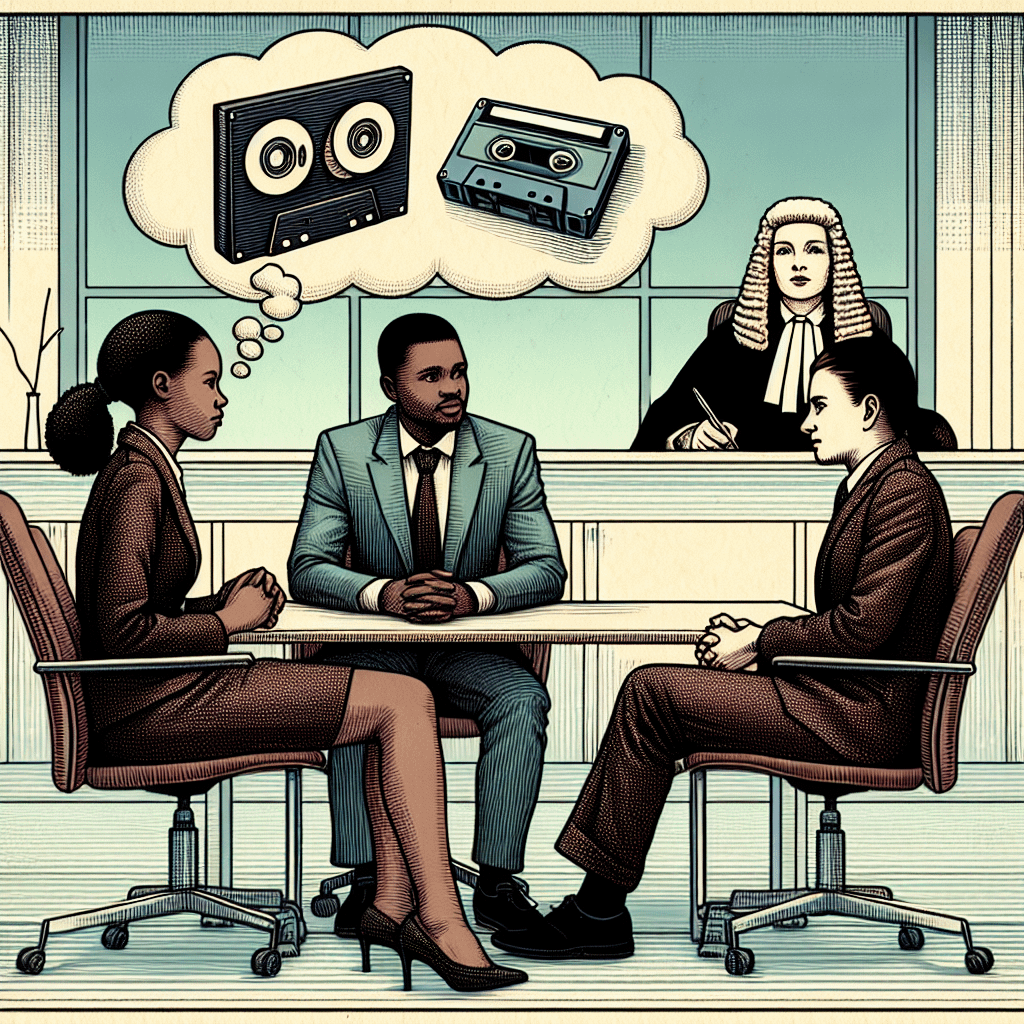Imagine you’re having an interesting phone conversation, and you think it might be useful to keep a record of it. Maybe it’s a call with a customer service representative about a complaint, or a casual chat with a friend that takes an unexpected turn. Before you hit that record button, you might wonder: is it even legal to record this without the other person knowing?
The legality of recording private conversations largely depends on where you are, as U.S. states have different laws on this topic. Let’s break it down to make sure you stay on the right side of the law.
Understanding Consent: One-Party vs. Two-Party Consent
In the context of recording conversations, “consent” means that someone involved in the conversation agrees to the recording. The U.S. can generally be divided between “one-party consent” states and “two-party consent” states, although you might also hear the term “all-party consent” used, which means everyone involved in the conversation must agree.
1. One-Party Consent States: In these states, only one person involved in the conversation needs to consent to the recording. That person can be you! So, if you’re part of the call or meeting, you can legally hit record without telling the other participants. Examples of one-party consent states include New York and Texas.
2. Two-Party (or All-Party) Consent States: These states require everyone involved in the conversation to agree to the recording. If you’re in a two-party consent state like California or Florida, you’ll need to get the other person’s permission before recording. Just a quick note: although it’s called “two-party,” it really means everyone, so if three people are in the chat, all three must consent.
Why This Matters
Understanding these laws is important because violating them could lead to civil or even criminal penalties. Imagine recording a call without permission in a two-party consent state – you could be sued for invasion of privacy or face charges dealing with illegal wiretapping.
Navigating Different Scenarios
Let’s explore a few common situations:
- Recording a business meeting: If your company operates in a one-party consent state, you could record without others knowing. However, ethically (and practically), it’s often wise to inform attendees. In two-party consent states, you need explicit permission from all participants.
- Recording personal conversations: If you’re dealing with a sensitive personal issue and think recording is necessary, you must still adhere to state laws. In a two-party consent state, you should inform the other person to avoid legal issues.
- Interstate calls: This is where things get a bit tricky. If you’re in a one-party consent state but the person you’re calling is in a two-party consent state, it’s safest to follow the stricter law—get the other person’s consent.
Practical Tips for Recording Legally
- Always ask for consent: In any situation, it’s courteous and often safest to simply ask if you can record a conversation. It clears any legal doubts and maintains trust.
- Keep it transparent: If you have to record regularly due to work or other reasons, consider sending a quick written notice before the call or meeting. Something simple like an email stating, “Please note this call will be recorded for documentation purposes.”
- Document consent: If possible, get consent in writing. If that’s not feasible, record the consent at the beginning of the conversation—just make sure that part is also legal!
Navigating the legality of recording conversations can feel a bit like walking a tightrope, but understanding these basic principles can help keep you balanced. By respecting state laws and prioritizing transparency, you can avoid legal pitfalls and maintain positive relationships, ensuring your recordings serve their intended purpose without any unwanted surprises.








